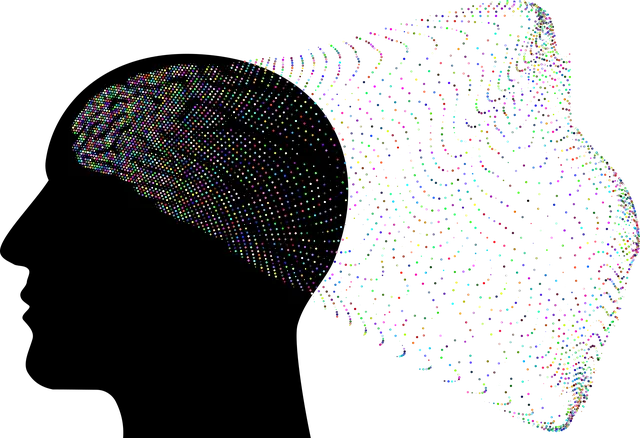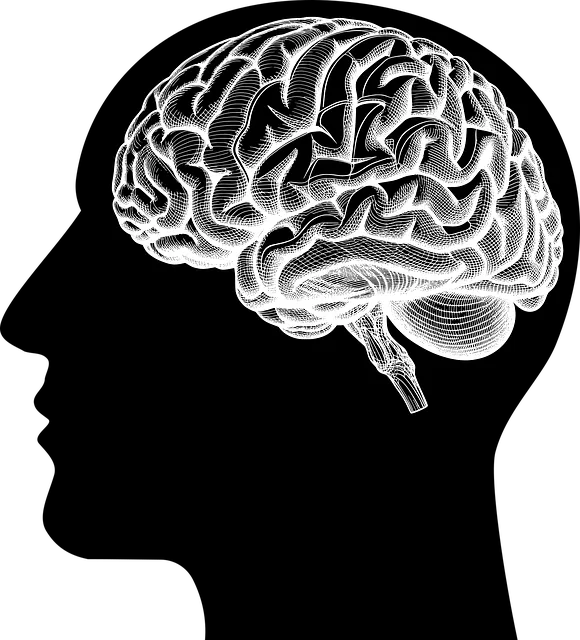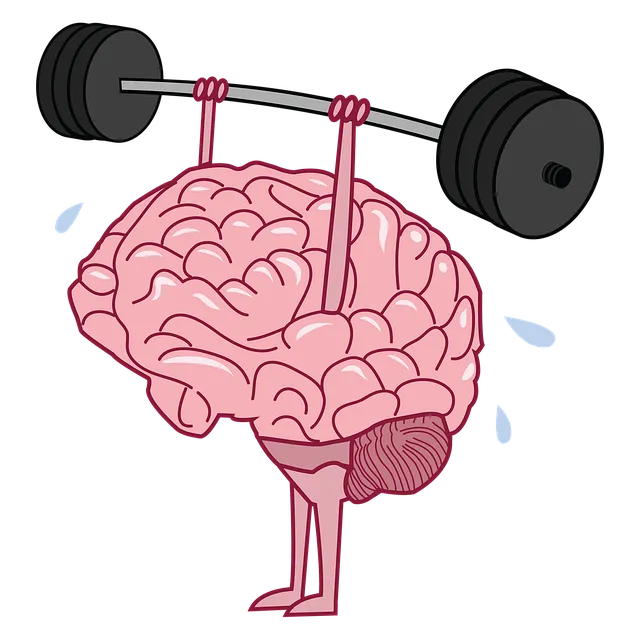The Kaiser Permanente Mental Health Appointment Center in Westminster is addressing burnout among healthcare providers through early recognition programs, social skills training, crisis intervention guidance, regular check-ins, peer support groups, emotional intelligence training, and open communication. These initiatives aim to reduce stress, improve patient-provider relationships, and create a supportive work environment, ultimately enhancing both staff well-being and patient care quality at the KP MHAC Westminster.
Burnout among healthcare providers is a growing concern, impacting patient care and organizational stability. This article explores strategies to combat burnout specifically within the Kaiser Permanente Mental Health Appointment Center (KP MHAC) in Westminster. We delve into the unique challenges faced by mental health professionals and present actionable steps for prevention and mitigation. Additionally, we highlight the importance of fostering a supportive work environment at KP MHAC to enhance provider well-being and patient outcomes.
- Understanding Burnout Among Healthcare Providers at Kaiser Permanente Mental Health Appointment Center Westminster
- Strategies for Prevention and Mitigation of Burnout
- Fostering a Supportive Work Environment at KP MHAC Westminster
Understanding Burnout Among Healthcare Providers at Kaiser Permanente Mental Health Appointment Center Westminster

Burnout among healthcare providers is a growing concern, especially within mental health settings like the Kaiser Permanente Mental Health Appointment Center in Westminster. This issue affects not only individual well-being but also the quality of patient care. Recognizing burnout early and implementing prevention strategies are essential for maintaining a healthy work environment.
The Kaiser Permanente center has witnessed increased stress levels among its staff, often attributed to demanding caseloads and high-pressure situations. To combat this, they’ve initiated programs focusing on social skills training and crisis intervention guidance, which aim to enhance coping mechanisms and improve healthcare providers’ ability to manage challenging interactions. Additionally, these initiatives provide a space for open communication and support, promoting anxiety relief and overall mental resilience among the team.
Strategies for Prevention and Mitigation of Burnout

Burnout among healthcare providers is a growing concern, and proactive strategies are essential to address this issue. Kaiser Permanente’s mental health appointment centers, such as the one in Westminster, offer valuable resources for prevention and mitigation. One effective approach involves integrating Mental Illness Stigma Reduction Efforts to create a supportive environment where providers feel comfortable discussing their well-being. Regular check-ins and peer support groups can foster a sense of community, helping to combat feelings of isolation.
Additionally, Empathy Building Strategies play a crucial role in burnout prevention. Training sessions focused on emotional intelligence and active listening skills enhance the patient-provider relationship, reducing stress levels. Encouraging open communication and providing access to mood management techniques, such as mindfulness practices or cognitive-behavioral therapy, empower healthcare providers to effectively manage their mental health. These strategies collectively contribute to a healthier work environment, ensuring providers can continue to deliver exceptional care.
Fostering a Supportive Work Environment at KP MHAC Westminster

At Kaiser Permanente Mental Health Appointment Center Westminster (KP MHAC), fostering a supportive work environment is paramount to preventing burnout among healthcare providers. The center prioritizes open communication and collaboration, encouraging staff to share ideas and concerns freely. Regular team-building activities and social events create a sense of community, strengthening bonds between colleagues. This supportive atmosphere promotes emotional well-being promotion techniques, allowing mental health professionals to thrive in their roles.
Moreover, KP MHAC Westminster incorporates conflict resolution techniques into its operational framework. Recognizing that disagreements can arise, the center provides training on effective communication and dispute management. By equipping staff with emotional intelligence, a key aspect of professional development, they are better equipped to handle challenging situations constructively. This proactive approach ensures that healthcare providers feel valued and supported, ultimately contributing to a healthier work environment and improved patient care.
Burnout among healthcare providers is a growing concern, but through proactive strategies, such as those implemented at the Kaiser Permanente Mental Health Appointment Center in Westminster, significant improvements can be made. By fostering a supportive work environment and employing effective prevention tactics, burnout rates can be reduced, leading to enhanced job satisfaction and improved patient care within the KP MHAC Westminster community. These initiatives serve as a model for organizations across the healthcare sector, emphasizing the importance of prioritizing provider well-being.






